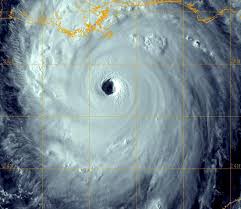Feb.22.2009
by Ed Beakley
Scream of Eagles – Happy Birthday TOPGUN

Forty years ago, 3 March 1969, the first TOPGUN class began “graduate level” fighter pilot education and training at Naval Air Station Miramar at the Fighter Weapons School. They were there because eagles screamed.
They were there because fighter pilots will not accept failure. In 1966 North Vietnamese fighter pilots (flying MiG 17 Frescos and MiG 21 Fishbeds) had accounted for only 3 percent of U.S. air losses. In the first three months of 1968, the MiG pilots now were responsible for 22 percent. The U.S. kill ratio was just about 2 to 1 (Air Force a little below, Navy, a little above) – as compared to the 10 to 1 of WWII and the Korean War – notably the worst ratio in the history of Naval aviation. Air crews were getting killed or becoming Hanoi Hilton residents, missiles and tactics developed to shoot down Russian bombers at long range were useless against an enemy intending to engage at close range coupled with U.S. rules of engagement prohibiting firing until positive ID obtained (which therefore put your aircraft inside the missile launch parameters.)
Eagles screamed. Sometimes leaders listen and do what they’re supposed to do – pay attention to those who’ve been in the crucible, and then act to take care of their people. This time they did. Continue Reading »
Filed in Adaptive Leadership,Fly Navy-100 Years,Intelligence,Intersections,Resilient Community | Comments Off
 New York Times, 16 February, 2009—
New York Times, 16 February, 2009— 
 We now move to
We now move to  >>
>> One of these
One of these 